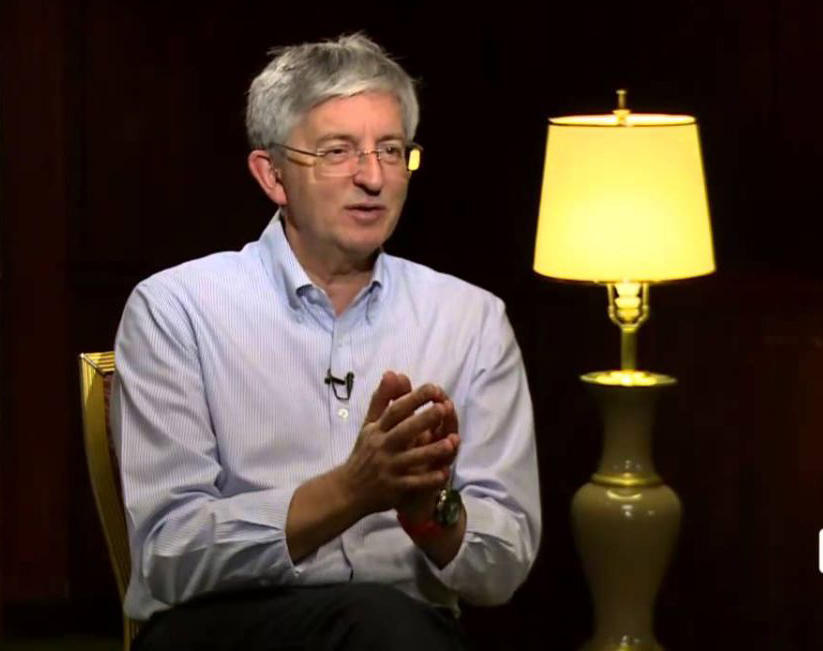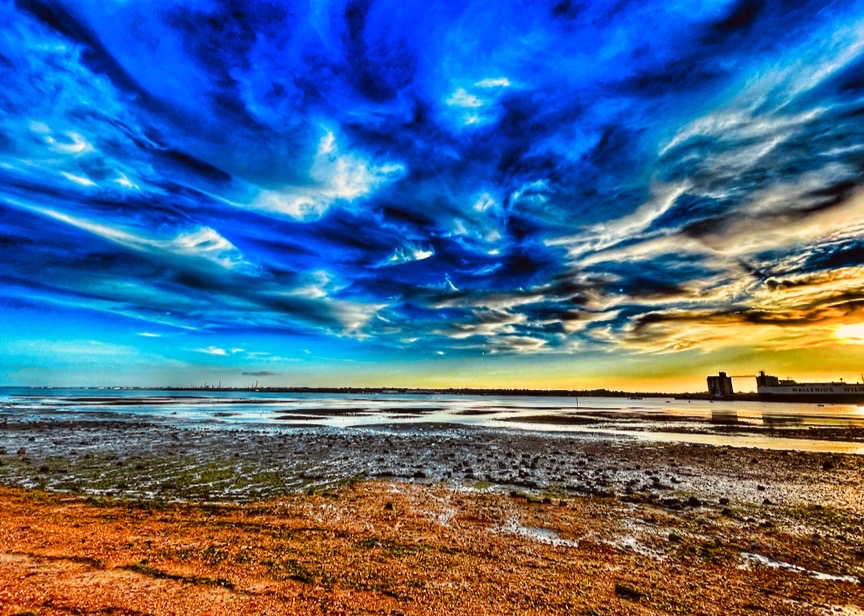
Do you know the most frequent command in the Bible? Do not be afraid. Why is that do you think? Because from the moment of our birth to the moment of our death, our default position is fear. That is why we fit locks on our doors, bars on our windows, security lights, CCTV, why we buy travel insurance, car insurance, indemnity insurance, home insurance, health insurance, life insurance, warranties, guarantees, virus software, backup hard disks, and in some countries more than others, purchase flack jackets, pepper spray, knives, hand guns, shot guns, and semi-automatic weapons. Fear is our default position.
In our three-part journey though Romans 8, following the Revised Common Lectionary, we have so far discovered three of our freedoms as Christ followers: Freedom from Judgement. Freedom from defeat. Freedom from discouragement. The fourth freedom? Today we are going to explore freedom from fear.
“And we know that in all things God works for the good of those who love him, who have been called according to his purpose. For those God foreknew he also predestined to be conformed to the image of his Son, that he might be the firstborn among many brothers and sisters. And those he predestined, he also called; those he called, he also justified; those he justified, he also glorified.” (Romans 8:28-30)
Continue reading







